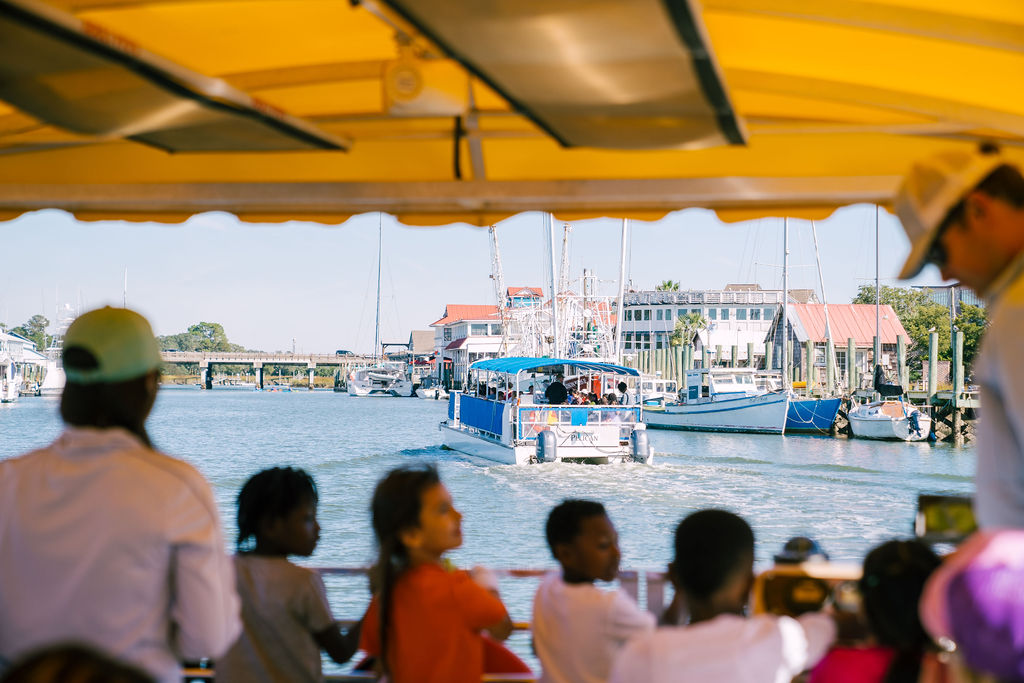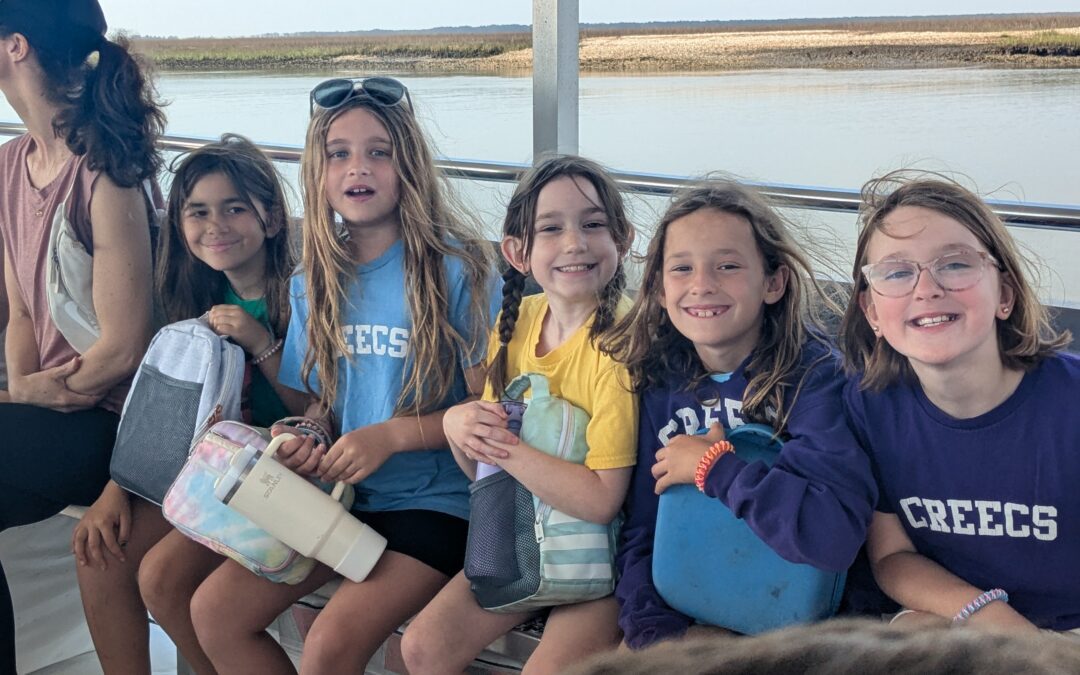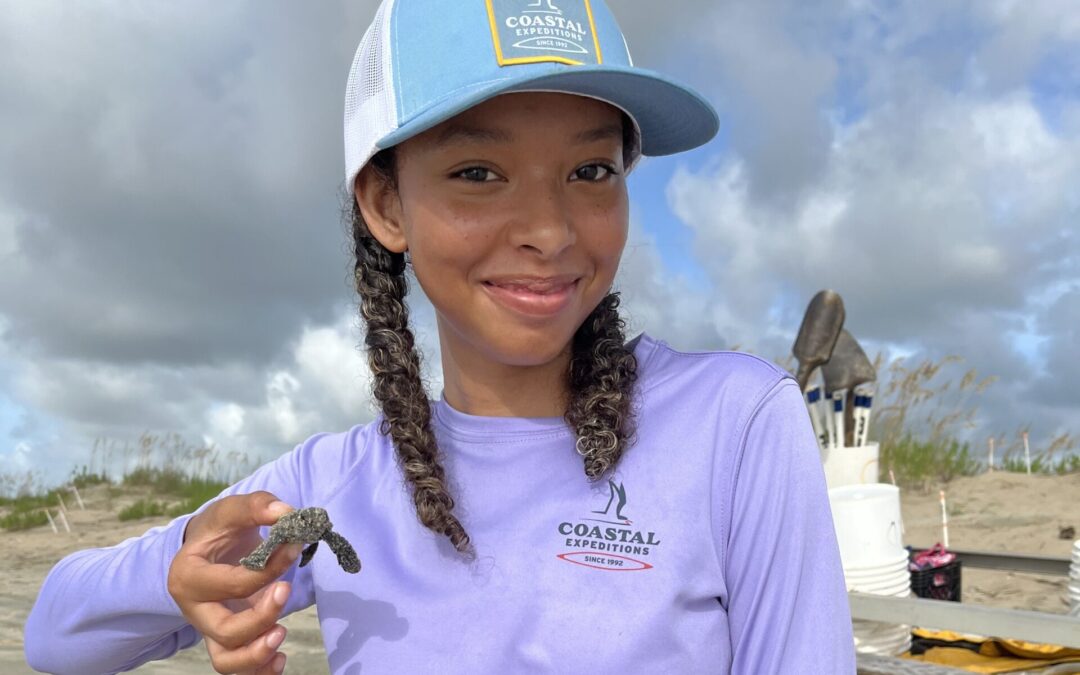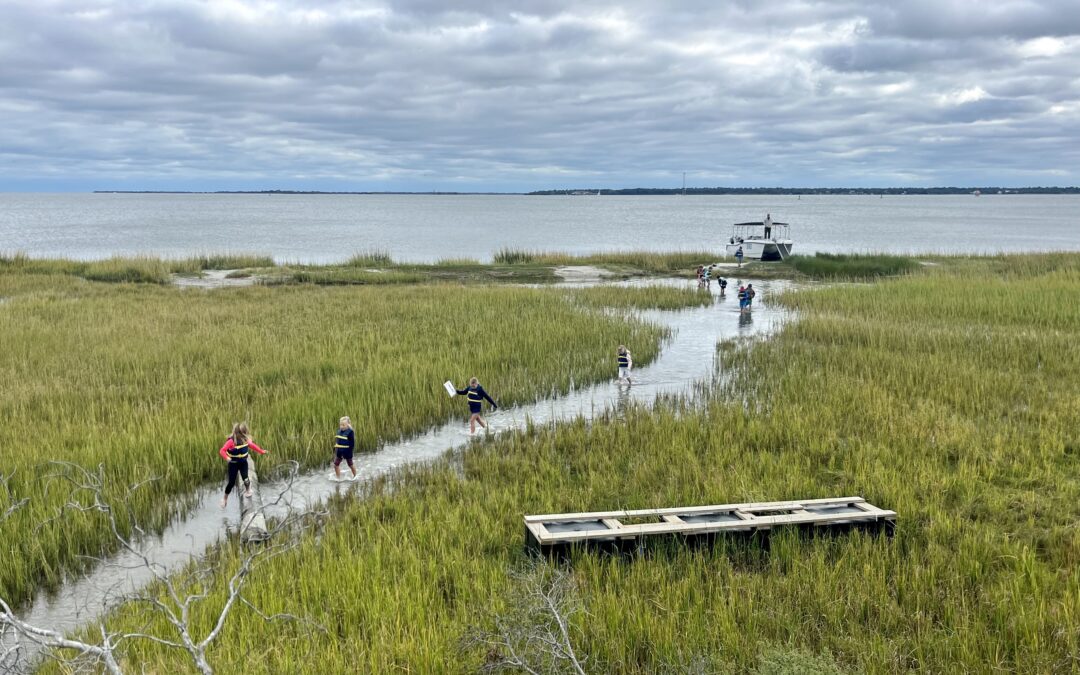GUIDEPOSTS
The Power of Outdoor Play: Lessons from Patagonia: A Family Business and Spark
In today’s world of screens and structured schedules, kids are spending less time outside than ever before. However, research and real-world experience show that outdoor play is essential for their physical, mental, and emotional development. Two insightful books—Patagonia: A Family Business by Jennifer Ridgeway and Spark: The Revolutionary New Science of Exercise and the Brain by John J. Ratey—shed light on why nature and movement should be at the core of childhood.

Nature as a Playground and a Classroom
In Patagonia: A Family Business, we see how Yvon Chouinard, founder of Patagonia, built a company that values adventure, environmental responsibility, and an unconventional approach to work-life balance. His own children, along with those of many Patagonia employees, were raised with a deep connection to the outdoors. The book highlights how outdoor play isn’t just about fun—it shapes character, resilience, and creativity. Coastal Expeditions shares these values and over the last 30 years we’ve seen the power of outdoor play.
Kids who climb trees, wade through streams, or scramble over rocks develop problem-solving skills and confidence. They learn to assess risk, push their limits, and appreciate the natural world. Patagonia’s culture embraces the philosophy that outdoor experiences aren’t just recreational—they’re essential for raising independent, adaptable individuals.
The Science Behind Movement and the Brain
While Patagonia: A Family Business champions a philosophy of outdoor play, Spark by John J. Ratey provides the science to back it up. This groundbreaking book explores the profound connection between physical activity and brain development. Ratey explains how movement enhances learning, reduces stress, and improves mood—benefits that are particularly crucial for children.
Outdoor play naturally incorporates the kind of exercise that fuels brain function. Running, jumping, and climbing all stimulate the release of neurotransmitters like dopamine and serotonin, which boost focus, memory, and emotional well-being. Schools that integrate outdoor recess and movement-based learning often see improvements in academic performance and behavior.

Why Parents Should Prioritize Outdoor Play
Inspired by both of these books, parents and educators can take actionable steps to ensure children get the outdoor time they need:
- Encourage unstructured play: Let kids explore nature freely, without an agenda. Climbing a tree or building a fort fosters creativity and resilience.
- Make outdoor time a habit: Just as Patagonia employees integrate adventure into their work culture, families can prioritize outdoor play in daily routines.
- Support outdoor education: Schools should incorporate recess, nature-based learning, and movement breaks to harness the benefits outlined in Spark.
- Model an active lifestyle: If children see their parents embracing outdoor adventure—whether it’s hiking, kayaking, or biking—they’ll be more likely to develop a lifelong connection to nature.
A Future Built on Play
Both Patagonia: A Family Business and Spark remind us that kids need more than structured activities and screen time—they need the freedom to move, explore, and connect with the natural world. By prioritizing outdoor play, we’re not only fostering healthier, happier children but also nurturing the next generation of environmental stewards and problem-solvers.
So, let’s get outside, embrace adventure, and give our kids the best playground possible—the great outdoors.
MEDIA CENTER
POST & COURIER
Mount Pleasant company connects Lowcountry students to nature through field trips and summer camps
Chris Crolley, CEO and founder of Coastal Expeditions, said it’s important to connect with nature while learning about it.
“These kids want to be outside, they want to learn outside, because that is what we’ve been doing for the majority of our history as earthlings,” Crolley said. “So what we’re doing is basically introducing earthlings to Earth.”
READ MORE >












